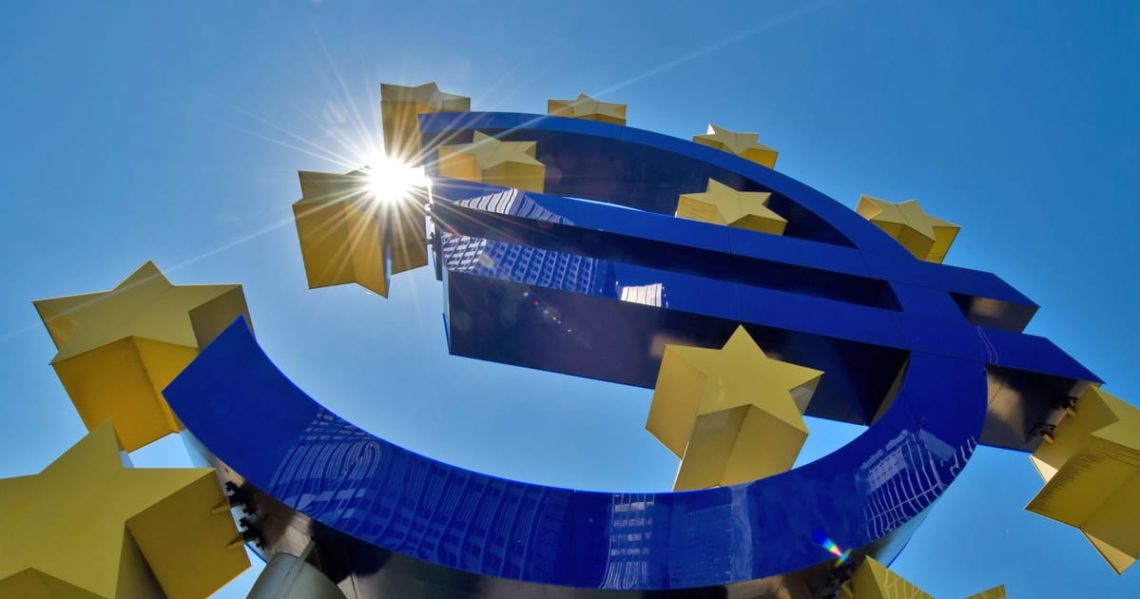Inflation in the eurozone edged down in October as higher prices for food and industrial goods were offset by another drop in energy costs.
According to preliminary data from Eurostat on Friday, annual inflation slowed to 2.1 percent, in line with consensus estimates, from 2.2 percent in September. The slowdown comes despite Germany and Spain reporting higher-than-expected consumer price increases on Thursday.
Energy prices fell by 0.2 percent on the month and 1.0 percent on the year, against a backdrop of continued increases in oil supply. However, unprocessed food prices continued to rise, albeit at a slower rate of 0.7 percent on the month. That left them up 3.2 percent on the year in October, down from a peak of 5.5 percent in August.
Despite a modest increase of only 0.1 percent in prices in October, services price inflation hit its highest level in over six months at 3.4 percent. The metric is closely watched by the European Central Bank (ECB) because of its close link to wage growth, which accelerated to around 4 percent in the second quarter.
Persistent services inflation can eventually feed through the rest of the economy, and could drive prices higher across the basket of goods being measured. However, ECB President Christine Lagarde repeated on Thursday that she expects wage growth to slow again in the coming months.
The ECB held its key interest rate unchanged at 2 percent on Thursday, with the Bank emphasizing that inflation was in a “good place” and that it would continue with its wait-and- see approach.
While the latest inflation reading is only a touch above the Bank’s 2-percent target, the persistence of inflation in the services sector will likely make the ECB reluctant to lower interest rates any further for the foreseeable future.
The post Eurozone inflation slows despite rising cost of services appeared first on Politico.




